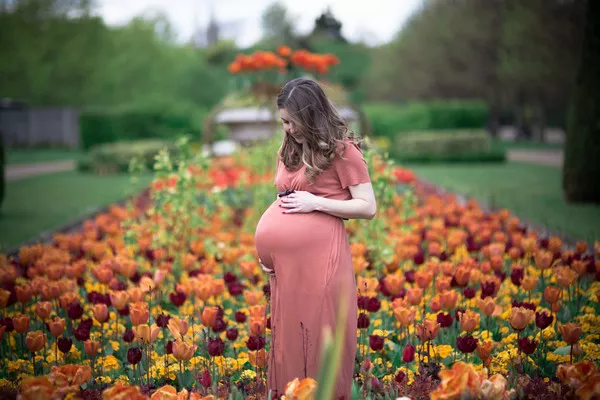In the cramped quarters of the Upazila Health Complex in Dacope, new and expecting mothers find themselves amidst a challenging environment. Shared maternity rooms accommodate over 20 women, devoid of dividers, prompting nurses to escort visiting husbands out when attention is required.
Among the weary occupants is Sapriya Rai, 23, on the brink of delivery. Recounting her anxieties stemming from a previous premature birth and her current struggles with high blood pressure and protein in urine, Rai typifies the concerns plaguing many women in this coastal district.
Pre-eclampsia, a condition striking pregnant women in the latter stages of gestation, looms large in Dacope. Scientists attribute this alarming trend to elevated salinity levels in drinking water, linking it to hypertension-related complications such as pre-eclampsia and eclampsia.
Aneire Khan, an environmental epidemiology researcher, underscores the grave consequences of high blood pressure during pregnancy, citing risks ranging from severe headaches to organ damage and mortality. Khan’s studies, conducted in collaboration with Imperial College London and the Bangladesh Centre for Advanced Studies, established a clear association between salt intake from water sources and the incidence of pre-eclampsia and hypertension among Dacope’s women.
Ravaged by Cyclone Aila in 2009, Dacope bore the brunt of saltwater intrusion, contaminating essential freshwater reservoirs. Dr. Santosh Kumar, a local gynecologist, emphasizes the acute drinking water crisis precipitated by this disaster, with far-reaching implications for public health.
In response to Khan’s research, various initiatives were launched to mitigate salinity, including reverse osmosis and rainwater harvesting. However, Khan’s subsequent attempts to assess the efficacy of these interventions were hindered by COVID-19 restrictions, highlighting ongoing challenges in addressing the crisis.
Nirmalya Sarker, a seasoned health worker, champions efforts to raise awareness about safe drinking water practices among Dacope’s populace, particularly pregnant women. Despite widespread ignorance about the perils of saline water, Sarker’s tireless outreach endeavors aim to empower communities with essential knowledge for safeguarding maternal and infant health.
Yet, the water crisis in Dacope extends beyond pregnancy-related concerns, permeating everyday life. Shopna Dhali’s daughter grapples with menstrual hygiene challenges exacerbated by saline water, reflecting broader social vulnerabilities.
For Mukhti Shanker, the realization of the impact of water salinity came during her pregnancy, prompting a resolve to avoid saline water. Shanker’s experience underscores the urgent need for alternative water sources to safeguard maternal and child well-being.
As dusk descends on Dacope, the communal struggle for water persists, underscoring the urgent imperative for sustainable solutions. Dr. Kumar stresses that access to clean water is a fundamental human right, necessitating concerted efforts to navigate the evolving challenges posed by climate change.
In confronting the water crisis, Dacope’s residents confront a pivotal moment, demanding innovative strategies to ensure their survival in the face of nature’s relentless upheavals.

